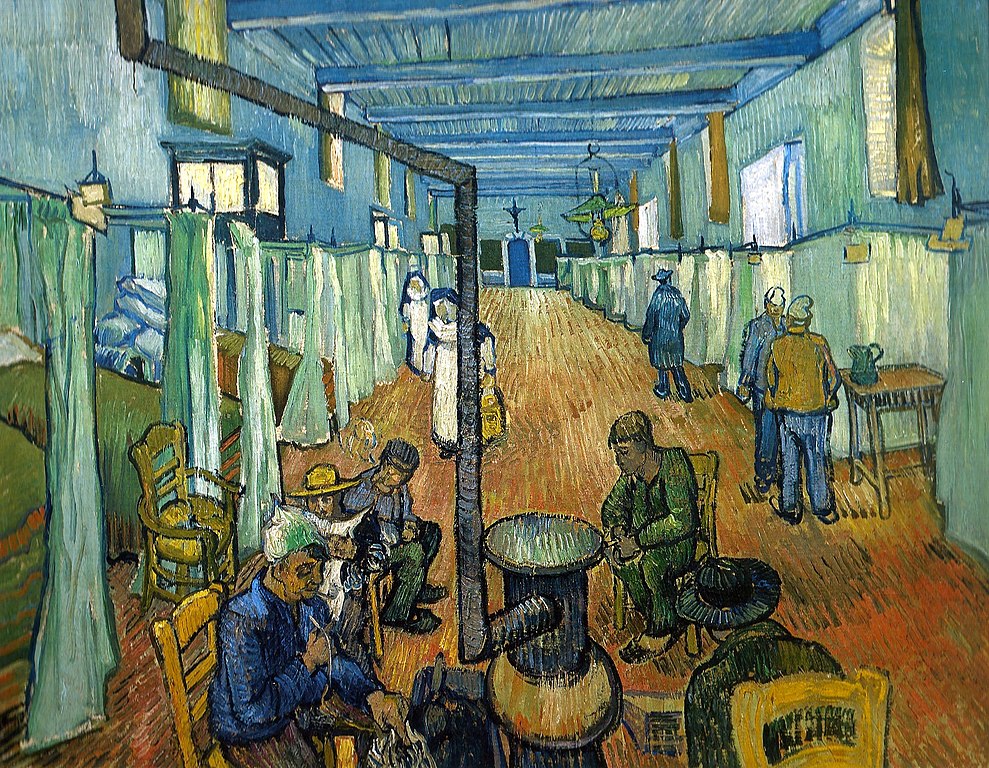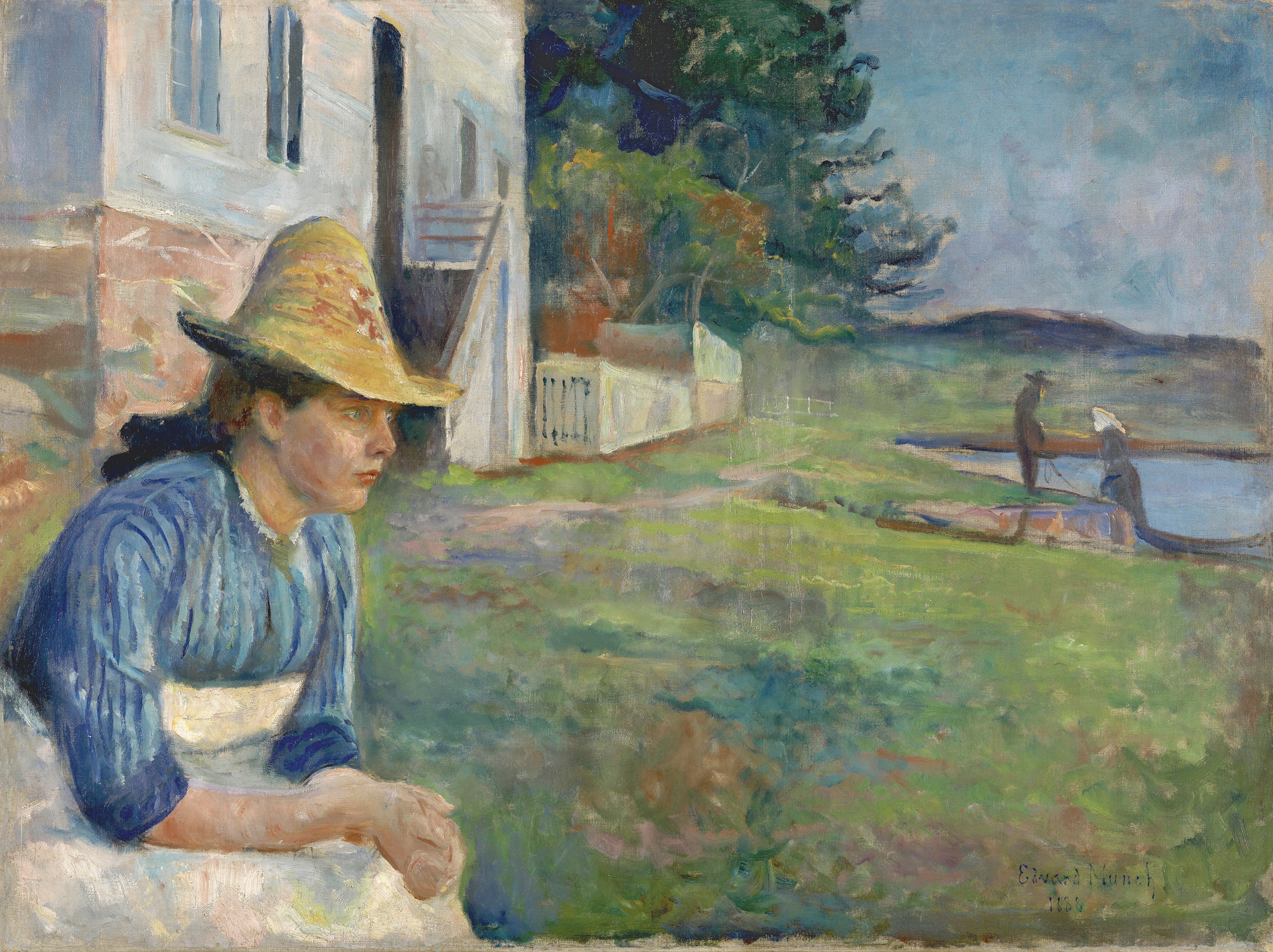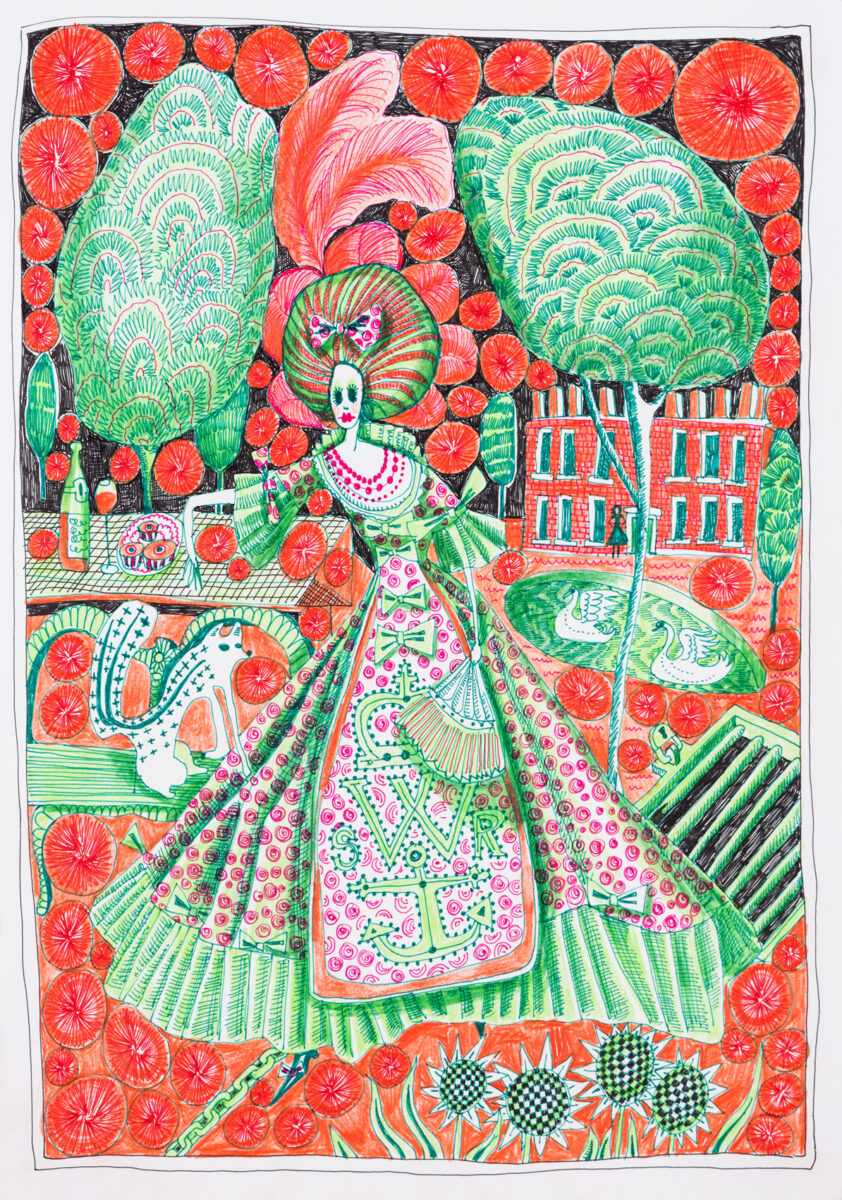"What do you make of Esther Rantzen?" asked my brother.
I knew what he was talking about, as no doubt all listeners of Radio 4's Today Programme would have done. Clearly the advocates of assisted dying, or specifically suicide, have launched the next round of their campaign, even enlisting the late Diana Rigg, whose resemblance to my wife was once commented on by an old welsh policemen, as a witness. The Today Programme devoted a great deal of airtime to the subject over a number of days.
My reply to my brother was that I thought it was a good thing if we were more open about the subject of death and dying. After all they are events everyone without exception will come in contact with at some point or another. So, the sooner we stop treating it as a taboo subject the better. However, the dangers of legalising assisted suicide, are proved by places like Canada and Belgium.
I don’t see any way to protect us from such coercion, internal or external, except to demonstrate through legislation that every life, however tenuous, is equally important.
In January this year I made a submission to the Parliamentary Health and Social Care Committee consultation on assisted dying/assisted suicide. Here’s some of that submission.
“I am writing as an individual who was diagnosed with a rare form of Motor Neurone Disease (MND) twenty-two years ago and who has experienced the condition’s relentless deterioration since then. There are a number of my contemporaries who have survived that long. That, and witnessing the ravages of the disease on friends in our local MNDA branch plus an Ethics qualification from Oxford, is the extent of my expertise.”
“My first observation is how positively my contemporaries, with short or longer prognoses, with the disease seize hold of life. Clearly there are some who, like Rob Burrows, devote themselves to fund-raising and creating awareness; while others enjoy the opportunities of life that come their way. What might have seemed a death sentence has proved a challenge to live.
"Secondly, I have recently discovered myself how expert professional care can enhance what is often portrayed as undignified dependence. Good caring can in fact add to quality of life. The sad thing however is that it is not something which the state will normally provide. Along with terminal palliative care, domestic social care must surely be a spending priority for any government that cares about the well-being of all its citizens. I’m fortunate to live an area of excellent MND provision and good, though not abundant, palliative care. But I understand that this is not equally spread through the country. If it were, I suspect it would reduce the fear of dying which must be a major motivator for assistance to ending one’s life.
"Ironically, in MND, according to the Association’s information sheet, How will I die?, those fears are greatly exaggerated:
In reality, most people with MND have a peaceful death. The final stages of MND will usually involve gradual weakening of the breathing muscles and increasing sleepiness. This is usually the cause of death, either because of an infection or because the muscles stop working.
Specialist palliative care supports quality of life through symptom control. practical help, medication to ease symptoms and emotional support for you and your family.
When breathing becomes weaker, you may feel breathless and this can be distressing. However, your health care professionals can provide support to reduce anxiety.
You can also receive medication to ease symptoms throughout the course of the disease, not just in the later stages. If you have any concerns about the way medication will affect you, ask the professionals who are supporting you for guidance.
Further weakening of the muscles involved in breathing will cause tiredness and increasing sleepiness. Over a period of time, which can be hours, days or weeks, your breathing is likely to become shallower. This usually leads to reduced consciousness, so that death comes peacefully as breathing slowly reduces and eventually stops.
"So, this is a third and subtle danger of legalising assisted dying/suicide. It would increase people’s fear of the inevitable fact of death and dying. I think this can be one factor in explaining why, in jurisdictions which have introduced it, we see it being extended beyond the first strict limits. It is held out as an answer to this fearful fact, death, whereas in fact death and dying should be talked about in realistic terms, as normal, as concisely outlined by Dr Kathryn Mannix. As she says, normally dying isn’t as bad as we think.
If the government should be doing anything, the first thing it might well do, is to promote informed education about dying of the sort exemplified by specialists such as Dr Mannix, as well as adequately funding her former specialism of palliative care. It should start with schools’ curricula. After all every child will have encountered death at some stage.
Finally, the dangers of coercion, in my experience, are not so much external as internal. It’s often rightly observed that prolonged pain is worse for the engaged spectator than for the sufferer. If you care for someone, seeing them struggling is barely tolerable. You may wish to see their struggle over, but underlying that wish is your own desire to be spared more of your own horror show. The person who is ‘suffering’ however has that strong survival instinct, common to all humans, and is more concentrated on living than dying. Having said that, when you are depressed, as might be natural, that instinct gets temporarily eclipsed. Then you need protection from your own dark sky. It is at such times that your other inner demons emerge: your sense of being a burden - to your family, to your friends (if you have any), to the NHS and to the state purse; your fear of losing your savings and of leaving nothing to your loved ones; your fear of pain and of dying (exaggerated by popular mythology), and your sense of suffering, heightened by your depression.
"For most of us with long incurable diseases, it’s these internal perceptions that are most coercive, although they can be easily compounded or even exploited from outside. I don’t see any way to protect us from such coercion, internal or external, except to demonstrate through legislation that every life, however tenuous, is equally important to our society and worth caring for. ‘Any man’s death diminishes me...’ and so we will value it to the end."
I'm grateful that when I received my 'motor neurone disorder' diagnosis, which was initially frightening, I couldn't be tempted to opt for an early death. Instead of one Christmas with my family (as I warned them), I've enjoyed 22 more Christmases. That was the law against suicide fulfilling its safeguarding function, protecting the vulnerable, as I was then. Contrary to my preconceptions, my form of MND (PLS) is very gradual and I've been able to live a full if increasingly limited life, thanks to my wife, Jane, who cares for me 100 per cent. 24 hours a day, seven days a week.
My view is still that legalising assisted dying/suicide has more cons than pros. The better choice is to invest in hospice and palliative care, so that everyone may have access to pain and symptom care in the last years of their life.










